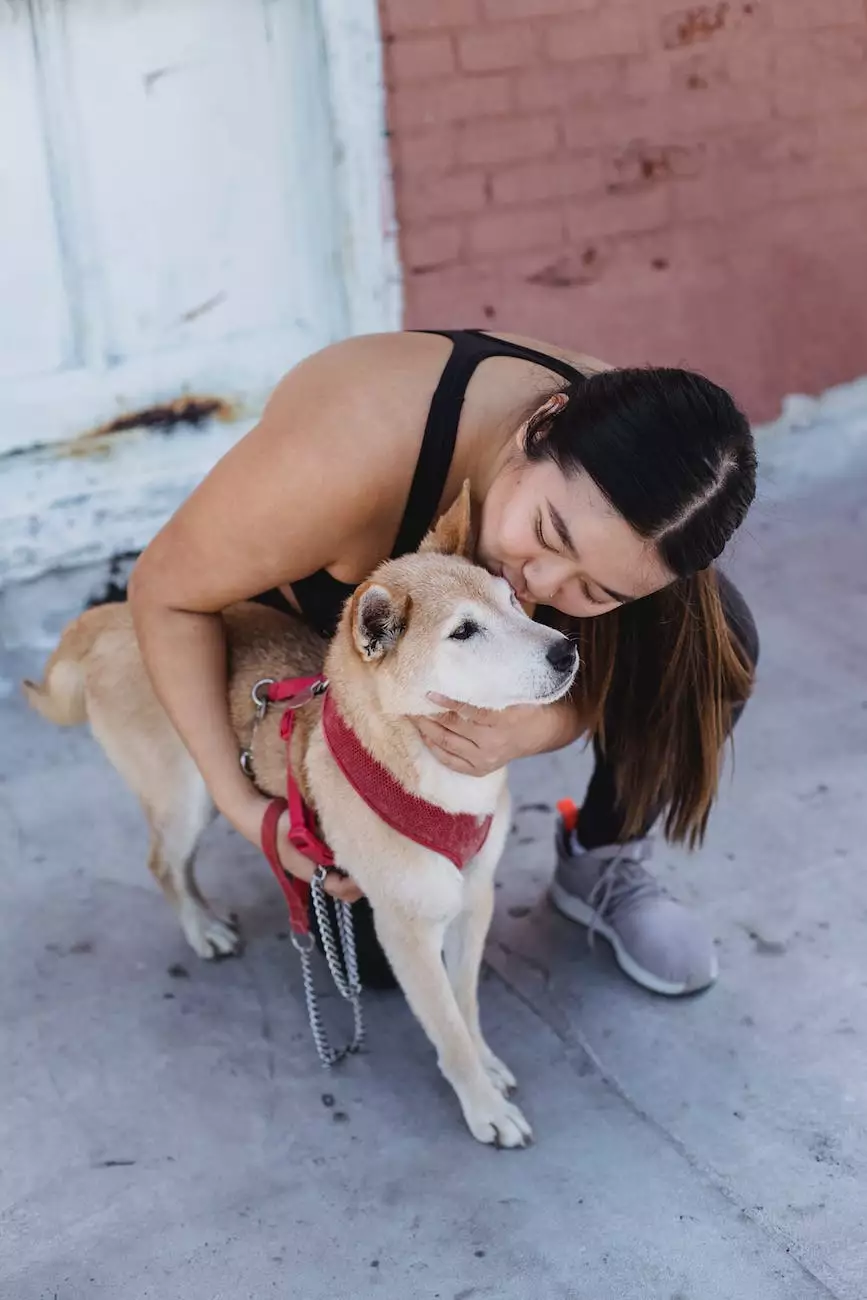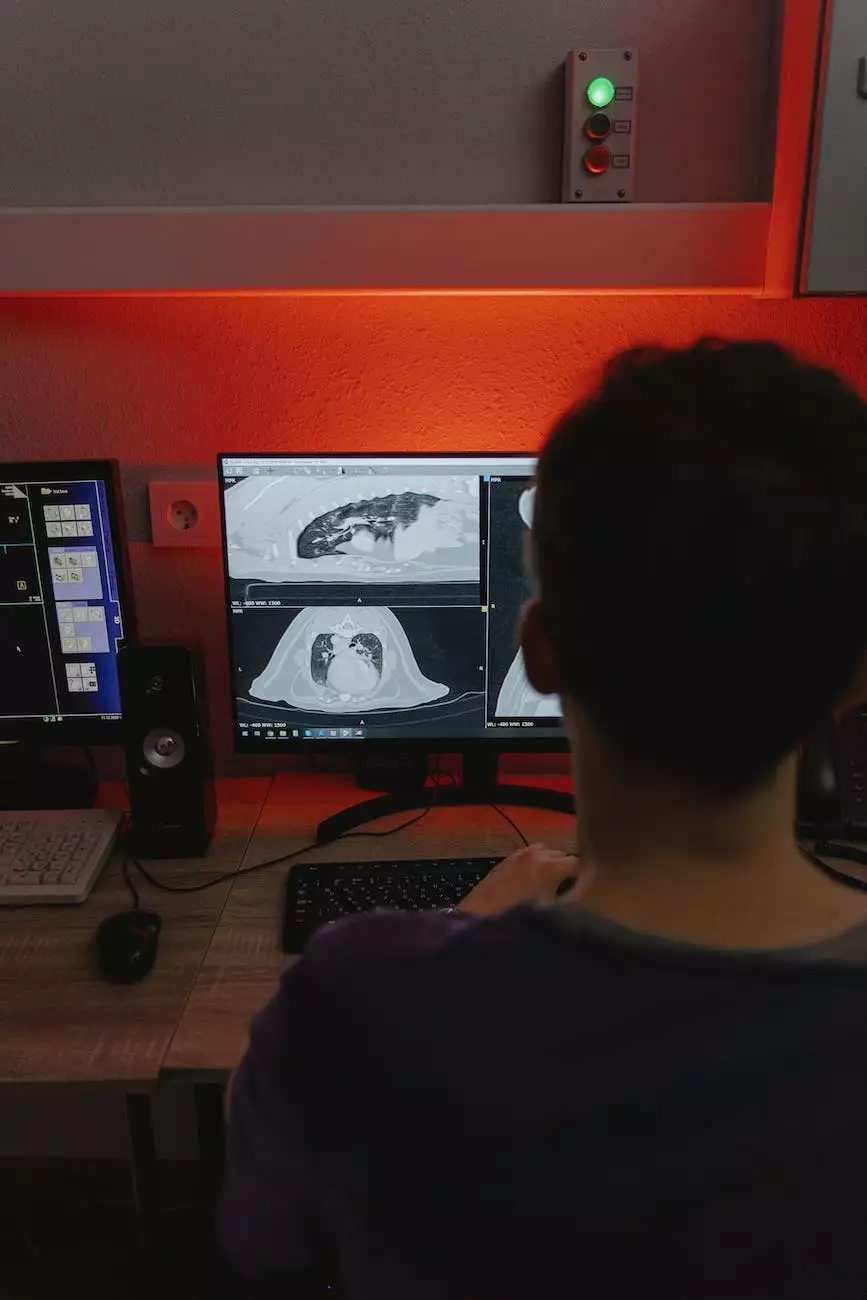What is Leptospirosis in Dogs?
Blog
Leptospirosis is a serious bacterial infection that can affect dogs and other animals, as well as humans. It is caused by the Leptospira bacteria, which is typically found in contaminated water, soil, or urine of infected animals. This zoonotic disease can be transmitted to humans through direct contact with infected animals or their urine.
Symptoms of Leptospirosis
Identifying the symptoms of leptospirosis is crucial for early detection and treatment. The signs may vary from mild to severe and can include:
- Fever: Dogs with leptospirosis often experience high fever, which may be accompanied by chills and shivering.
- Poor appetite: Loss of appetite is a common symptom of leptospirosis in dogs.
- Vomiting and diarrhea: Dogs may experience vomiting and diarrhea, which can lead to dehydration if left untreated.
- Abdominal pain: Dogs infected with leptospirosis may exhibit signs of abdominal pain, such as restlessness or reluctance to move.
- Muscle pain and stiffness: Leptospirosis can cause muscle pain and stiffness, making it difficult for dogs to move or walk.
- Lethargy and weakness: Dogs infected with leptospirosis may become lethargic and weak due to the impact of the infection on their overall health.
Causes of Leptospirosis
Leptospirosis is caused by the Leptospira bacteria, which resides in various animal hosts, including rodents, raccoons, and even livestock. Dogs can contract the bacteria through direct contact with these infected animals or by exposure to environments contaminated with their urine. Common modes of transmission include:
- Water: Dogs can become infected with leptospirosis when they drink from or swim in water sources contaminated with the bacteria.
- Soil: The bacteria can survive in moist soil for extended periods, potentially infecting dogs that come into contact with it.
- Direct contact: Dogs can contract leptospirosis when they come into contact with infected urine or tissues of infected animals.
- Bite wounds: In some cases, dogs may contract leptospirosis through bite wounds inflicted by infected animals.
Diagnosing Leptospirosis
If you suspect your dog has leptospirosis, prompt diagnosis is essential to ensure effective treatment and prevent further spread of the disease. A veterinarian will perform a thorough examination and may recommend the following diagnostic tests:
- Blood tests: Blood samples can be analyzed to detect the presence of Leptospira antibodies or DNA.
- Urinalysis: A urine sample can be tested to determine the presence of Leptospira bacteria.
- PCR tests: Polymerase chain reaction (PCR) tests can provide rapid and accurate detection of the Leptospira DNA in blood or urine samples.
- Biopsy: In some cases, a biopsy may be necessary to examine affected organs for signs of infection.
Treatment Options for Leptospirosis
Once a diagnosis of leptospirosis is confirmed, your veterinarian will recommend an appropriate treatment plan tailored to your dog's specific condition. Treatment typically involves a combination of:
- Antibiotics: Antibiotic therapy is the primary treatment for leptospirosis. It aims to eliminate the bacteria from the body and prevent further complications.
- Supportive care: Dogs with leptospirosis may require supportive care, including intravenous fluids to maintain hydration, medications to control vomiting or diarrhea, and other measures to manage pain and discomfort.
It is vital to follow your veterinarian's instructions and complete the entire course of antibiotics to ensure complete eradication of the bacteria.
Preventing Leptospirosis in Dogs
Preventing leptospirosis is crucial for safeguarding the health of your canine companion. Here are some preventive measures you can take:
- Vaccination: Vaccination against leptospirosis is available and is highly recommended for dogs, especially those at higher risk of exposure, such as those living in areas with a high prevalence of the disease or those with outdoor lifestyles.
- Minimize exposure to contaminated areas: Avoid letting your dog drink from or swim in bodies of water that may be contaminated with urine from infected animals.
- Pest control: Maintain effective pest control measures to reduce the likelihood of exposure to rodents or other potential carriers of the bacteria.
- Good hygiene practices: Practice good hygiene by promptly cleaning up your dog's urine and avoiding direct contact with urine from potentially infected animals.
- Regular veterinary check-ups: Schedule regular veterinary check-ups for your dog to ensure early detection of any potential health issues, including leptospirosis.
Rosey Dog Care - Your Trusted Partner in Pet Health
At Rosey Dog Care, we understand the importance of providing the best care for your furry friends. As a trusted provider of pet food and supplies, we prioritize the health and well-being of your beloved pets. Our team of experienced veterinarians is dedicated to offering comprehensive veterinary care services, including prevention, diagnosis, and treatment of diseases like leptospirosis.
With a combination of advanced medical knowledge, compassionate care, and state-of-the-art facilities, we strive to provide the highest standard of care for your cherished companions. Whether it's routine vaccinations, regular check-ups, or emergency care, you can trust Rosey Dog Care to deliver exceptional veterinary services tailored to your pet's unique needs.
For more information about leptospirosis or to schedule an appointment with one of our experienced veterinarians, contact Rosey Dog Care today. Together, let's ensure your furry friends lead happy, healthy lives.




